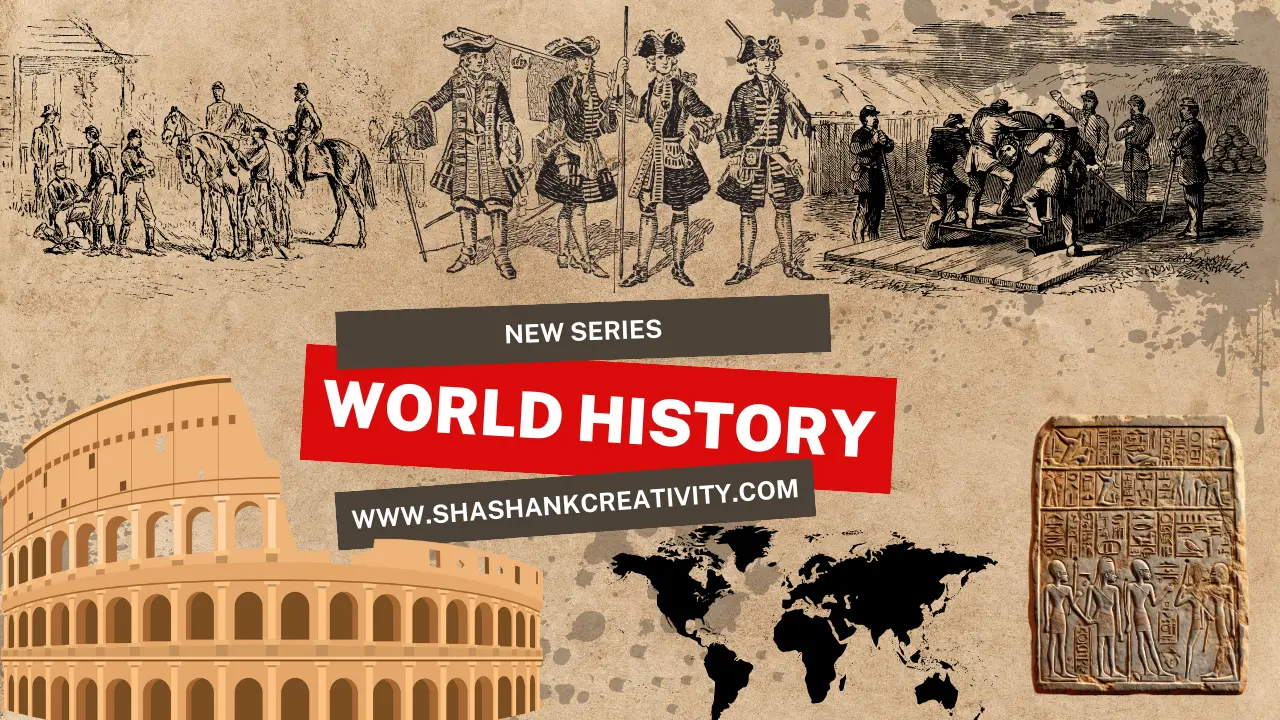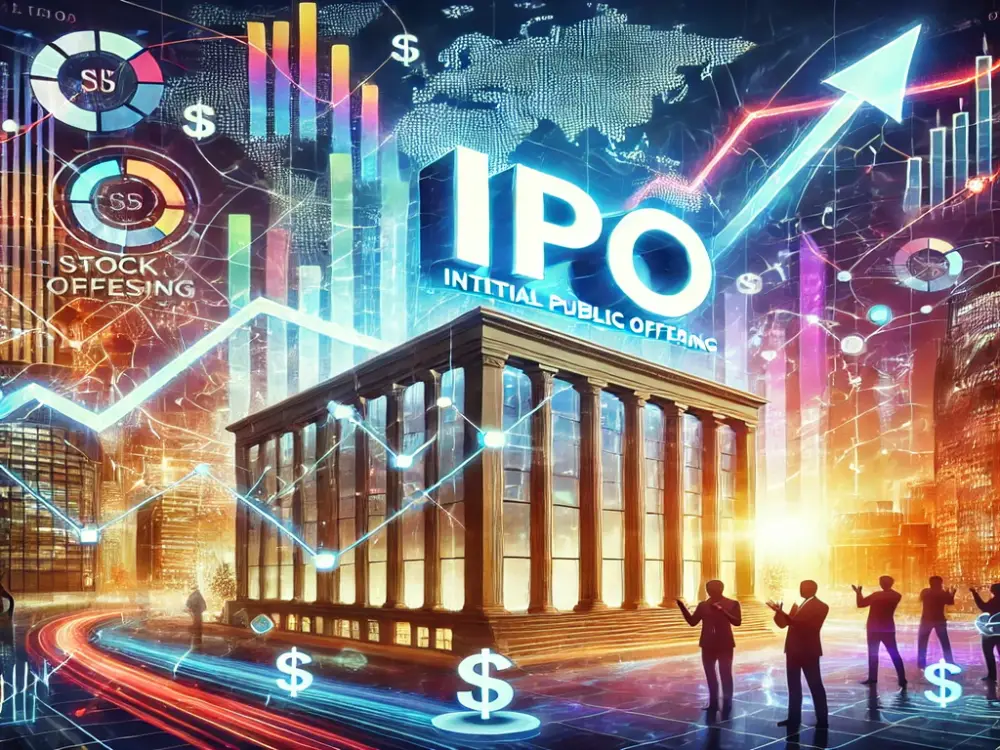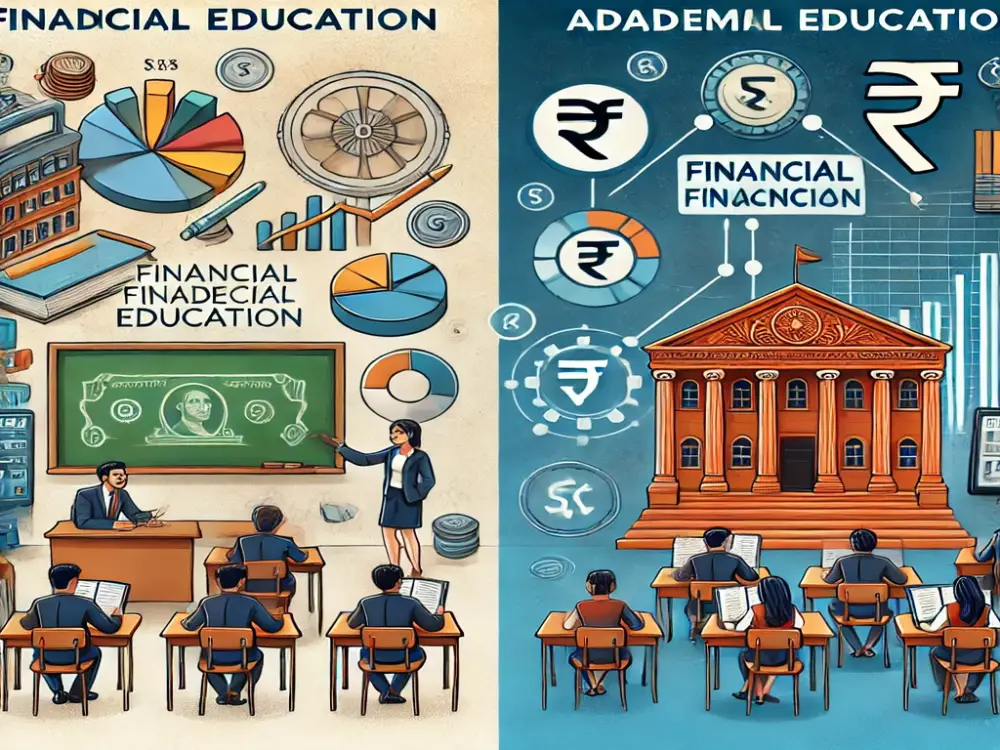9/11 : Day That Changed the World

9/11 : Day That Changed the World
The Day That Changed the World
On September 11, 2001, a day that will forever be etched in our collective memory, the world witnessed a series of coordinated terrorist attacks on the United States. This tragic event, known as 9/11, marked a turning point in history and had far-reaching consequences that continue to shape our world today. In this blog, we will delve into the events of that fateful day, exploring the impact it had on individuals, communities, and nations around the globe.
Unveiling the Background: Understanding the History
To truly understand the significance of the 9/11 attack, we must know the historical context that led up to that fateful day. The roots of this tragedy can be traced back to the rise of extremist ideologies and the conflicts that plagued the Middle East. From the Soviet-Afghan War to the Gulf War, each event played a role in shaping the tensions and animosities that ultimately culminated in the devastating attacks on September 11, 2001. By examining the history leading up to 9/11, we can gain valuable insights into the complex factors that contributed to this watershed moment in modern history.
Unraveling the Cause: Examining the Motives Behind the Attack
In order to comprehend the full magnitude of the 9/11 attack, it is crucial to delve into the motives that drove the perpetrators. The attack was not a random act of violence; it was a meticulously planned operation with specific objectives. By examining the motives behind the attack, we can gain insights into the ideological and political factors that fueled such a devastating act. From religious extremism to geopolitical grievances, a complex web of reasons contributed to the decision to target the heart of the United States.
Ripple Effects: The Impact on World Politics
The 9/11 attack had far-reaching ripple effects that reverberated throughout the world, particularly in the realm of politics. It marked a turning point in global affairs, reshaping the dynamics of international relations and security policies. The attack prompted a significant shift in the United States' foreign policy, leading to the launch of the War on Terror and military interventions in Afghanistan and Iraq. These actions not only altered the geopolitical landscape but also strained diplomatic relations between nations. The event also fueled the rise of extremist ideologies and terrorist organizations, as well as intensified surveillance measures and security protocols worldwide.
Shaping a New Era: Post-9/11 Policies and Global Shifts
The aftermath of the 9/11 attack brought about significant changes in policies and global dynamics, shaping a new era in world affairs. In response to the unprecedented act of terrorism, nations around the globe implemented a range of measures to enhance security and combat the threat of future attacks. These policies included stricter immigration controls, increased intelligence sharing, and the establishment of counterterrorism agencies. The attack also led to a reevaluation of international alliances and cooperation, with countries coming together to form coalitions against terrorism. Additionally, the event prompted a re-examination of civil liberties and privacy rights, as governments sought to strike a balance between security and individual freedoms.
Lessons Learned: Reflecting on the Legacy of 9/11
The events of September 11, 2001, left an indelible mark on the world and provided valuable lessons that continue to shape our understanding of security, resilience, and unity. As we reflect on the legacy of 9/11, we are reminded of the importance of preparedness and vigilance in the face of evolving threats. The attack highlighted the need for improved intelligence sharing and coordination among nations to prevent future acts of terrorism. It also underscored the power of unity and solidarity as people from all walks of life came together to support one another in the aftermath of the tragedy. The resilience displayed by individuals, communities, and nations in the face of adversity serves as a testament to the human spirit. Furthermore, the events of 9/11 prompted a global conversation about the balance between security measures and individual freedoms, emphasizing the importance of safeguarding civil liberties while ensuring public safety. Join us as we delve into the lessons learned from this pivotal moment in history and explore how they continue to shape our world today.




